
Mugwort Plant: Benefits, Properties, and Uses
Mugwort (Artemisia vulgaris), a resilient perennial plant, has been revered across cultures for centuries due to its medicinal, culinary, and even mystical properties. Native to Europe, Asia, and North America, this highly versatile herb is recognized for its distinctive aroma and numerous health benefits. Let's explore the many ways mugwort continues to be a valued plant in both traditional and modern practices.
Health Benefits of Mugwort
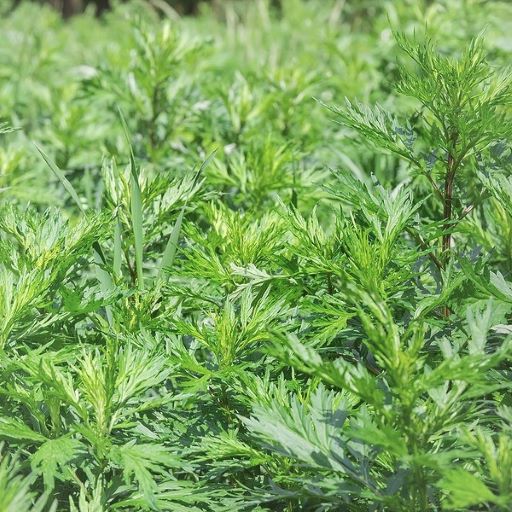
-
Digestive Health
Mugwort has long been used to improve digestion. It stimulates bile and gastric juice production, which can help relieve indigestion, bloating, and stomach cramps. It also possesses mild laxative properties, promoting regular bowel movements and enhancing overall digestive health. By encouraging bile production, mugwort supports the breakdown of fats and absorption of nutrients. -
Menstrual Health
Mugwort is famously known for its ability to regulate menstrual cycles. It is often used to alleviate menstrual cramps, promote menstrual flow, and relieve symptoms of premenstrual syndrome (PMS). The plant's emmenagogue properties make it particularly beneficial for women experiencing irregular or painful periods, offering natural relief from the discomfort associated with menstruation. -
Improves Sleep
Mugwort has calming properties that are ideal for promoting relaxation and improving sleep quality. Its mild sedative effects can help reduce anxiety and encourage restful sleep, making it a popular choice for individuals struggling with insomnia. Mugwort's ability to ease the mind also contributes to a more peaceful sleep cycle, ensuring deep, uninterrupted rest. -
Anti-inflammatory and Antimicrobial Properties
The compounds found in mugwort, including flavonoids and terpenoids, have notable anti-inflammatory and antimicrobial effects. These properties make mugwort useful in treating minor skin conditions, wounds, and infections. Its ability to reduce inflammation also aids in soothing discomfort from conditions like arthritis, providing natural pain relief and promoting healing. -
Supports Mental Health
Mugwort has been used throughout history to enhance mental clarity, focus, and overall cognitive function. It is believed to reduce stress and anxiety, promoting a sense of calm and well-being. For those suffering from mental fatigue or heightened stress, mugwort is a natural way to rejuvenate the mind and restore emotional balance. -
Potential Antiparasitic Effects
Traditional medicine systems often employ mugwort to help expel intestinal parasites. While its antiparasitic properties have been recognized for centuries, more scientific research is needed to fully validate this benefit. Mugwort's ability to support digestive health may extend to reducing harmful parasites, ensuring a healthier gut environment.
Key Properties of Mugwort
-
Rich in Antioxidants
Mugwort is packed with antioxidants like flavonoids and coumarins, which help protect the body from oxidative stress, reducing the risk of chronic diseases such as cancer and heart disease. These antioxidants also combat the aging process, keeping the skin and organs in optimal condition. -
Essential Oils
Mugwort contains essential oils such as cineole and camphor, which contribute to its distinctive aroma and therapeutic properties. These oils are widely used in aromatherapy and topical treatments for their calming and healing effects. They are particularly effective in relieving respiratory issues, promoting easier breathing. -
Emmenagogue
As an emmenagogue, mugwort is particularly effective at stimulating menstrual flow and alleviating menstrual disorders. It is widely used in herbal medicine to help regulate the menstrual cycle, improve uterine health, and ease symptoms of PMS. -
Nervine
Mugwort acts as a nervine, which means it supports the health of the nervous system. It helps calm nervous tension, reduce anxiety, and promote mental clarity, making it an excellent choice for individuals dealing with stress and mental fatigue.
Common Uses of Mugwort
-
Traditional Medicine
-
Tea: Mugwort tea is a popular way to consume the herb, offering benefits for digestion, menstrual health, and relaxation.
-
Tinctures and Capsules: These concentrated forms of mugwort are commonly used for more targeted health benefits.
-
Poultices and Ointments: Topically applied to soothe skin conditions, minor wounds, and inflammation.
-
-
Aromatherapy
Mugwort essential oil is commonly used in aromatherapy to enhance relaxation, mental clarity, and emotional balance. It can also be used in meditation to promote a peaceful mind. -
Culinary Uses
In some cultures, mugwort is used as a culinary herb to flavor dishes such as soups, stews, and rice cakes. Its slightly bitter and aromatic taste adds depth to various recipes, especially in East Asian cuisine. -
Dream Enhancement
Mugwort is traditionally associated with dream enhancement and lucid dreaming. It is often placed under pillows or burned as incense to promote vivid dreams and improve dream recall, making it a popular herb for those interested in exploring their dreams. -
Spiritual and Mystical Uses
Mugwort has a long history of use in spiritual practices. It is considered a protective herb, used in rituals to cleanse spaces and ward off negative energy. In some cultures, it is burned as smudge sticks or carried as an amulet for protection. -
Fumigation
Historically, mugwort has been used to fumigate homes and ward off insects and pests. It was also believed to purify spaces and provide protection from harmful energies.
Precautions and Side Effects
While mugwort offers many benefits, it is important to use it with caution:
-
Allergic Reactions: Mugwort may cause allergic reactions, especially in individuals sensitive to plants in the Asteraceae family (e.g., ragweed, daisies, and marigolds).
-
Pregnancy and Breastfeeding: Pregnant women should avoid using mugwort as it can stimulate uterine contractions, potentially leading to miscarriage.
-
Overuse: Consuming large amounts of mugwort can lead to side effects like nausea, vomiting, and liver toxicity.
It is always advisable to consult with a healthcare professional before adding mugwort to your health regimen, particularly if you are pregnant, breastfeeding, or have any underlying health conditions.
Mugwort is a powerful and versatile herb with a long history of use in traditional medicine, culinary practices, and spiritual rituals. From improving digestion and regulating menstrual cycles to promoting relaxation and enhancing dreams, this remarkable plant has much to offer both physically and mentally. However, like any herbal remedy, it is essential to use mugwort responsibly, and always consult with a healthcare provider when necessary. Whether you're sipping mugwort tea or using its essential oil for relaxation, this extraordinary plant continues to be a valuable tool for both wellness and spiritual practices.
News in the same category


✨ Unbelievable! This Is a Vein Killer! Erase Varicose Veins Like an Eraser! 🔝 2 Natural Recipes 🤩
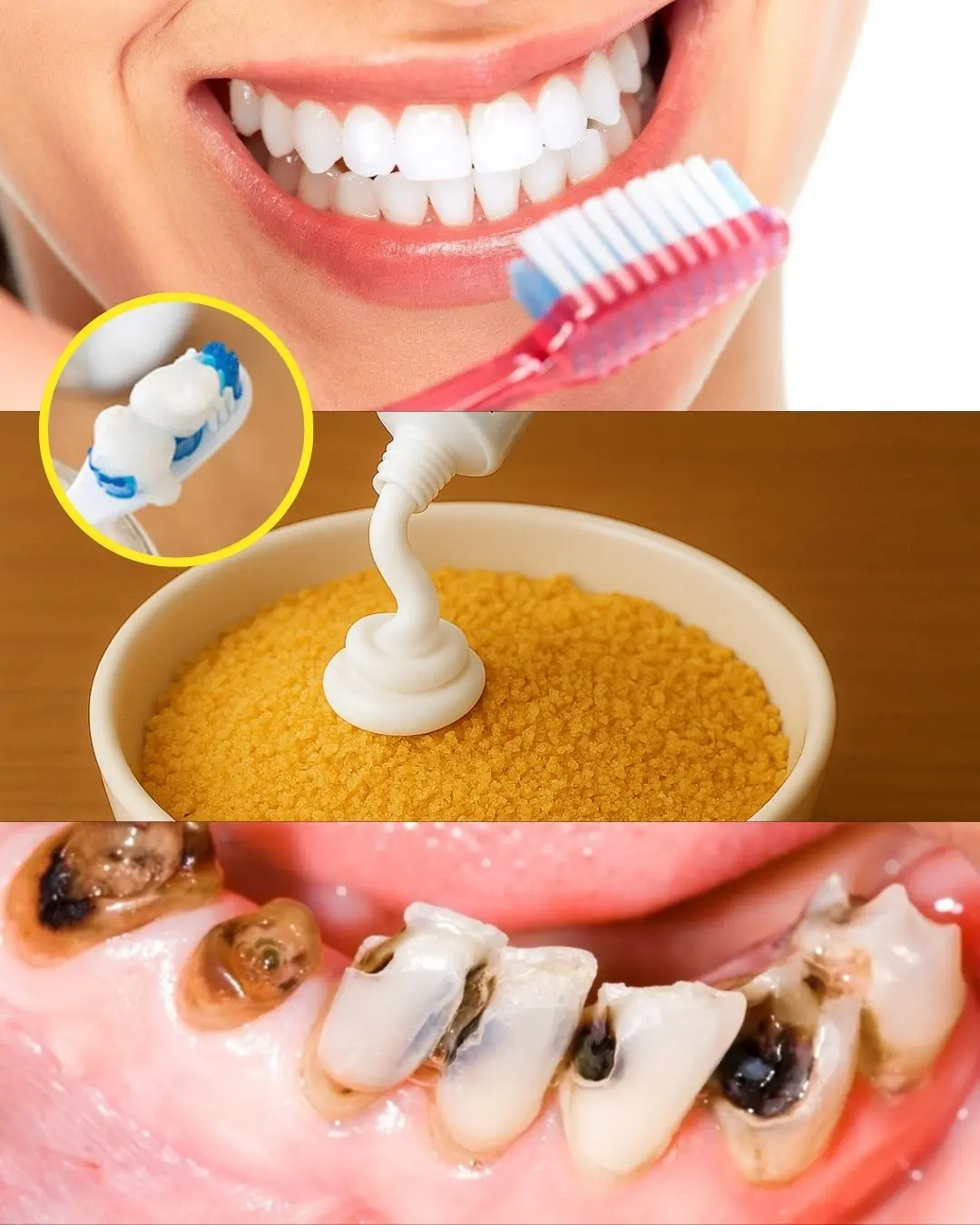
Reverse Cavities Naturally with This Secret

12 Potent Uses of Oregano Orejón for Health and Vision

How Papaya Seeds Can Erase 10 Common Health Issues!
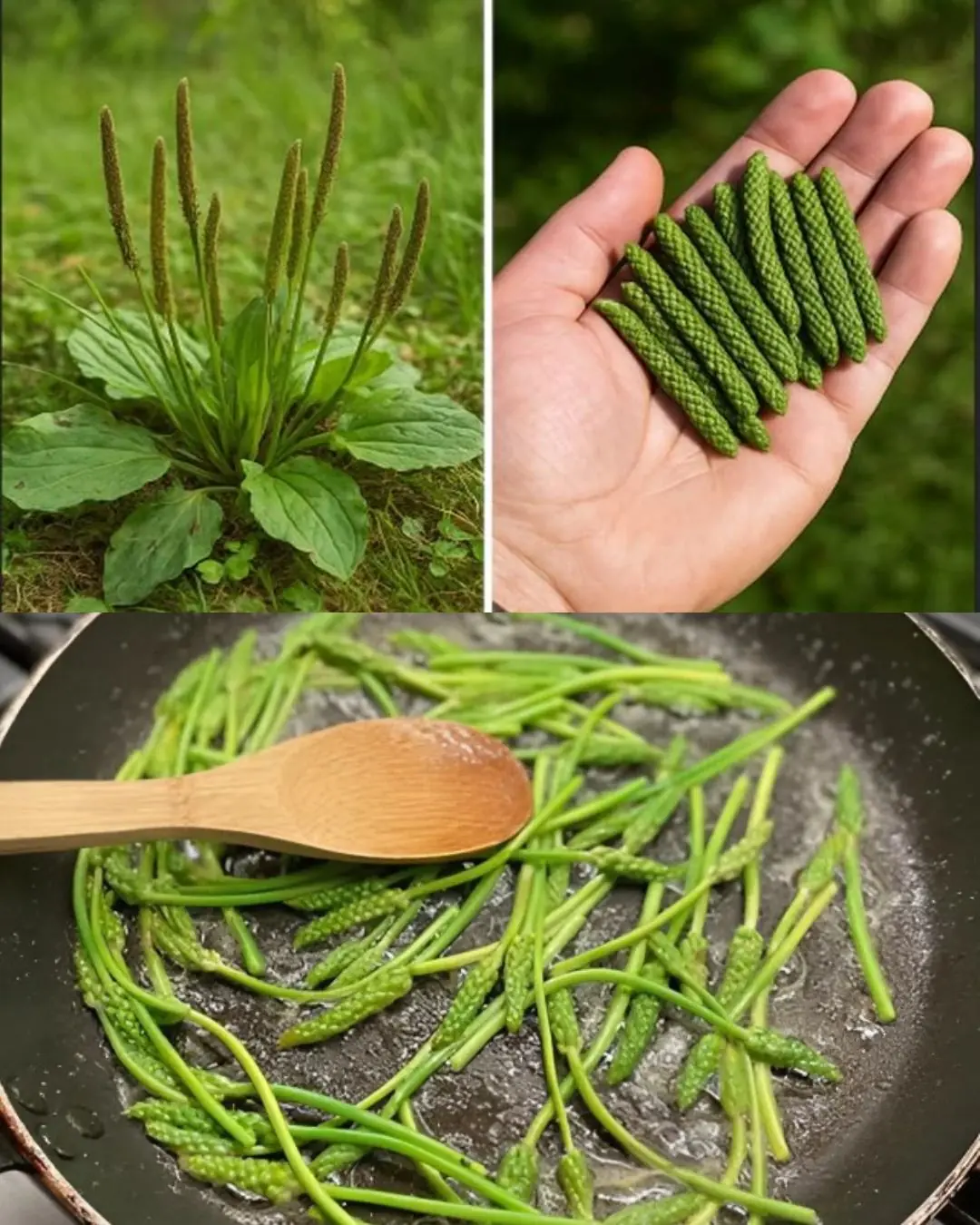
Broadleaf Plantain (Plantago major): Very Common, Very Powerful

Dandelion roots are the most important part of the plant

9 Things About Bledo Blanco (Amaranthus albus)

5 Homemade Turmeric Face Washes for all Skin Type

13 Powerful Leaves That Help Manage Diabetes Naturally

7 Powerful Fruits That May Help Prevent and Fight Cancer
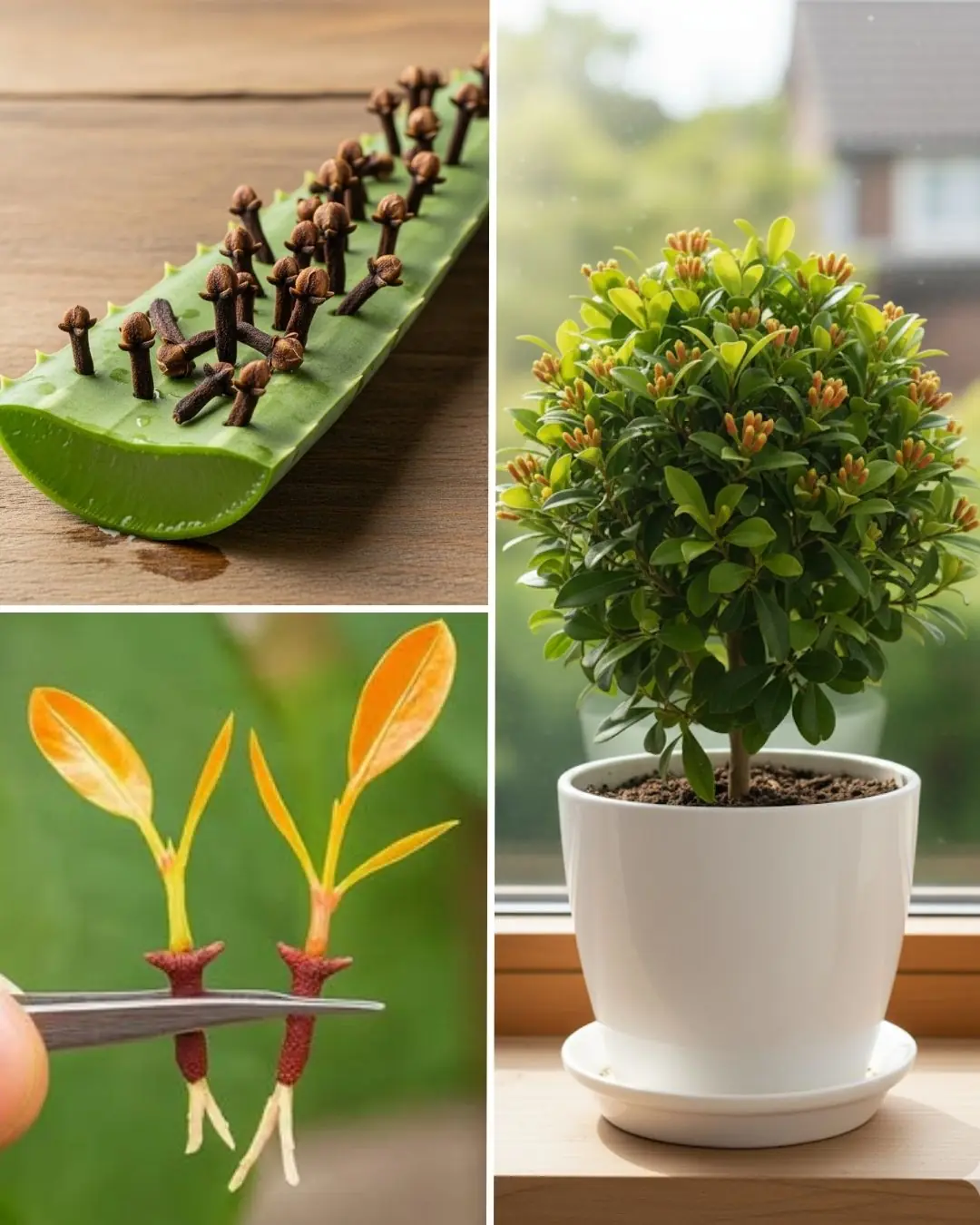
Easy Clove Growing: Seed to Spice

Secrets of Companion.Tomatoes Hate Cucumbers.Planting Combinations.

8 Collagen-Boosting Veggies to Ease Leg and Joint Swelling

Purslane: The Superfood That Tastes Better Than Meat – 7 Reasons to Grow It in Your Garden

🌿 Oregano: Nature’s Small but Mighty Healer

Top 3 Ways to Treat Tooth Decay with Guava Leaves – Simple and Cost-Effective
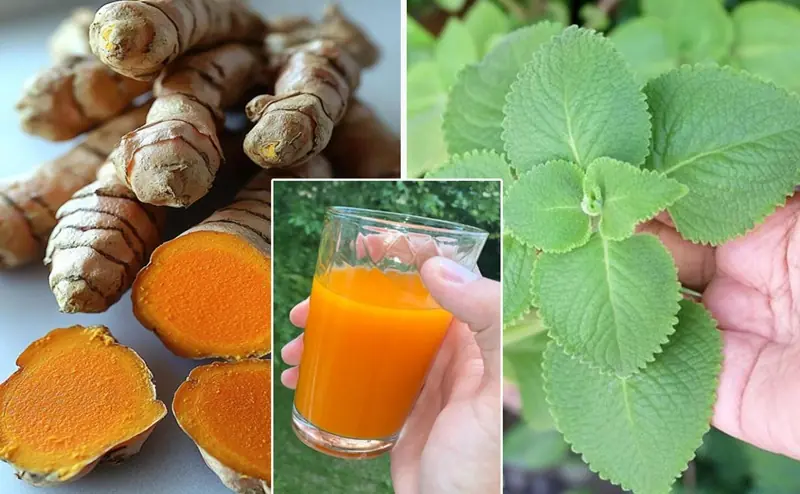
Turmeric, Cuban Oregano, and Banana Drink: Natural Remedy for High Blood Pressure, Diabetes, and Poor Circulation
News Post

MAHA Chief Medical Advisor Dr. Aseem Malhotra Just Declared That No One Should Have Ever Taken the COVID mRNA Vaccines.

New mRNA Shot Turns Immune Cells Into Cancer-Killers Directly Inside the Body, Study Finds

One Vitamin That Could Transform Your Circulation

Why Cold Showers on Hot Summer Nights May Keep You Awake

Lesser-Known Menopause Symptoms

Signs Your Cortisol Is Dangerously High

Genius Laundry Hack: Why Putting an Empty Plastic Bottle in Your Washing Machine Can Save Time and Hassle
It may sound strange, but dropping a simple empty plastic bottle into your washing machine could completely change the way you do laundry. This clever trick not only prevents clothes from tangling but also improves the overall cleaning process, making you

How long should frozen meat be thrown away? Here's the answer.

Put a Roll of Toilet Paper in the Fridge Overnight: The Unexpected Hack That Saves Families a Fortune
A simple household item can become a powerful money-saving tool if you know how to use it wisely. Believe it or not, placing a single roll of toilet paper inside your refrigerator overnight can help reduce odors, prevent frost buildup, and even cut down y

This is the reason why you should plant aloe vera in your home right away.

Groom-To-Be, 28, Dies of Acute Liver Failure After Eating Chicken: Doctors Urge the Public to Beware of This Hidden Danger
The tragic story of a young man in China who was preparing for his wedding but suddenly died from acute liver failure after food poisoning has shocked the nation. Experts warn that improper food handling and consumption of spoiled or contaminated food can

He Never Drank Alcohol but Died of Liver Failure: Doctors Reveal 4 Common Foods That Quietly Destroy the Liver
A man who stayed away from alcohol his entire life shocked his family when he was diagnosed with liver failure and passed away at just 55 years old. Doctors warn that alcohol is not the only enemy of the liver—certain everyday foods can be just as destr

Vitamin D Overdose: When Good Intentions Turn Toxic
Vitamin D is often celebrated as the “sunshine vitamin,” vital for bone strength, immune health, and even protection against certain chronic diseases. But while moderate amounts are essential, excessive or unsupervised intake can be toxic—and in som

6 Types of Pain You Shouldn’t Ignore
Occasional mild discomfort may not require urgent care, but sudden, unexplained, or severe pain always deserves medical attention.

Why You Shouldn’t Be Washing Bath Mats in the Washer

Snakes in Your House

Sessile Joyweed (Alternanthera sessilis): 6 Incredible Health Benefits and How to Use It Naturally
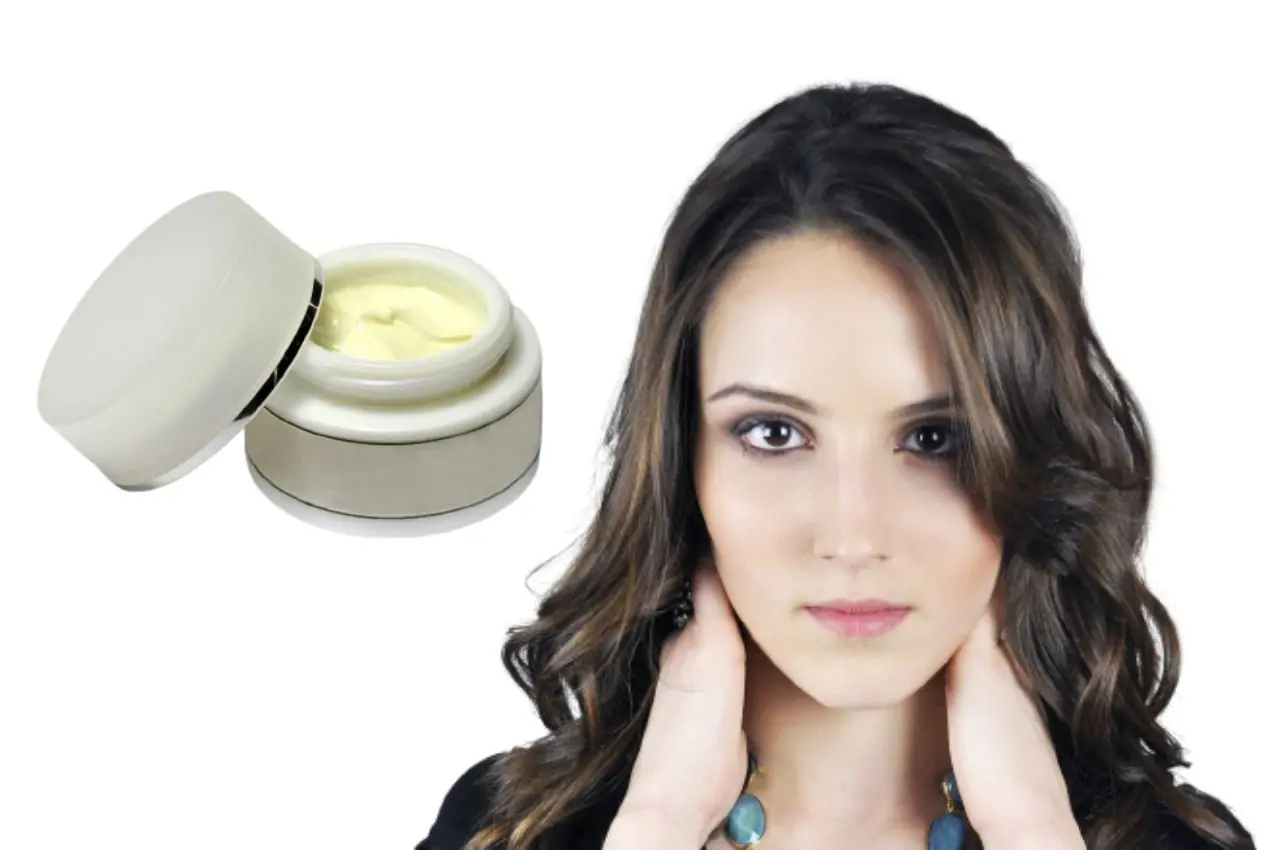
Top 5 Amazing Tips for getting rid of Blackheads and Whiteheads

✨ Unbelievable! This Is a Vein Killer! Erase Varicose Veins Like an Eraser! 🔝 2 Natural Recipes 🤩
